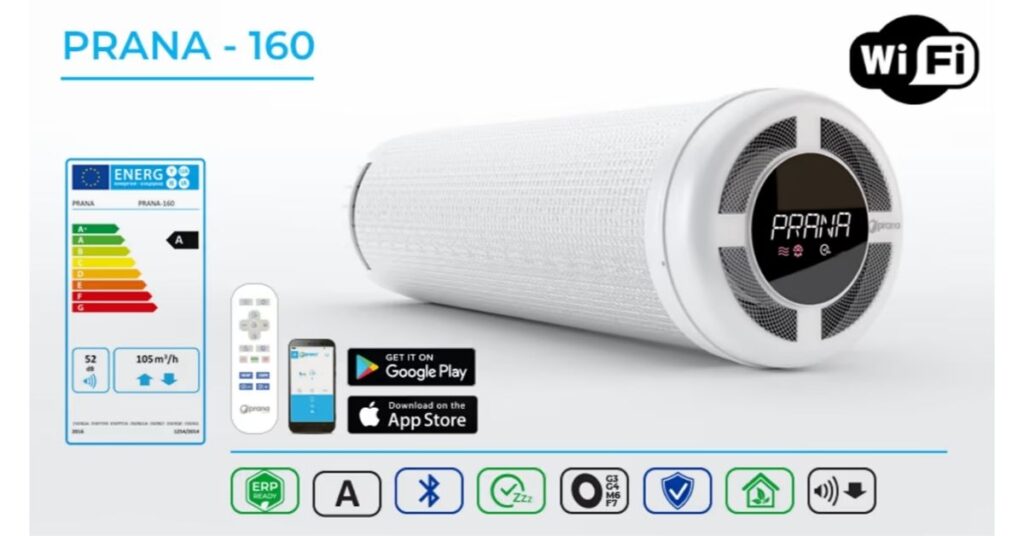In modern HVAC solutions, Decentralized Mechanical Ventilation with Heat Recovery (MVHR) systems have emerged as a transformative force, reshaping how we think about indoor air quality, energy efficiency, and climate control within buildings. These innovative systems are rewriting the playbook for creating healthier, more efficient, and environmentally conscious indoor environments.
Decentralised mvhr systems diverge from the conventional approach to HVAC. Unlike centralized systems that rely on a single unit to distribute conditioned air throughout a building, decentralized MVHR employs smaller, strategically placed units. These units are equipped with cutting-edge heat recovery technology, enabling the exchange of heat between incoming and outgoing air streams. This process dramatically reduces energy consumption and associated costs while maintaining a consistent indoor climate year-round.
One of the primary strengths of decentralized MVHR lies in its capacity to optimize indoor air quality. By positioning units closer to potential sources of indoor pollutants, such as kitchens and bathrooms, these systems effectively neutralize contaminants and odors, ensuring occupants receive a continuous supply of fresh, clean air. Furthermore, the heat recovery component ensures that incoming fresh air is pre-conditioned to match the temperature of the outgoing exhaust air, enhancing energy efficiency and overall comfort.
Energy efficiency is at the core of decentralized MVHR systems. Traditional HVAC systems often suffer from energy losses during the distribution of conditioned air, resulting in higher energy bills and an increased environmental footprint. Conversely, decentralized MVHR mitigates these losses by localizing ventilation and heat recovery, leading to decreased energy consumption, lower operational costs, and reduced environmental impact. This aligns seamlessly with the global shift toward sustainable building practices.
Decentralized MVHR systems boast exceptional adaptability and versatility. They can be tailored to suit a broad spectrum of building types, sizes, and usage patterns. Whether it’s a single-family home, a multi-story office building, or a commercial space, these systems can be customized to meet specific requirements. Their modular design facilitates straightforward scalability, making them an ideal solution for both new constructions and retrofits of existing structures. This adaptability ensures that decentralized MVHR remains a versatile and applicable choice for enhancing indoor air quality and energy efficiency across diverse contexts.
Furthermore, these systems provide precise control and zoning options, as each unit can be independently operated. This level of control not only maximizes comfort but also promotes energy savings by preventing the over-conditioning of unoccupied areas. With the integration of smart building technologies, occupants can remotely monitor and adjust the system, further optimizing energy utilization and ensuring year-round comfort.
In conclusion, Decentralized Mechanical Ventilation with Heat Recovery systems stands as a monumental advancement in HVAC technology. They offer holistic solutions to the challenges of indoor air quality, energy efficiency, and sustainability. By decentralizing ventilation and incorporating heat recovery, these systems deliver fresh, clean air while concurrently reducing energy consumption, operational costs, and environmental impact. In an era characterized by heightened environmental awareness and the pursuit of sustainable living, decentralized MVHR emerges as an indispensable tool in crafting healthier, more efficient, and environmentally responsible indoor environments for all.

